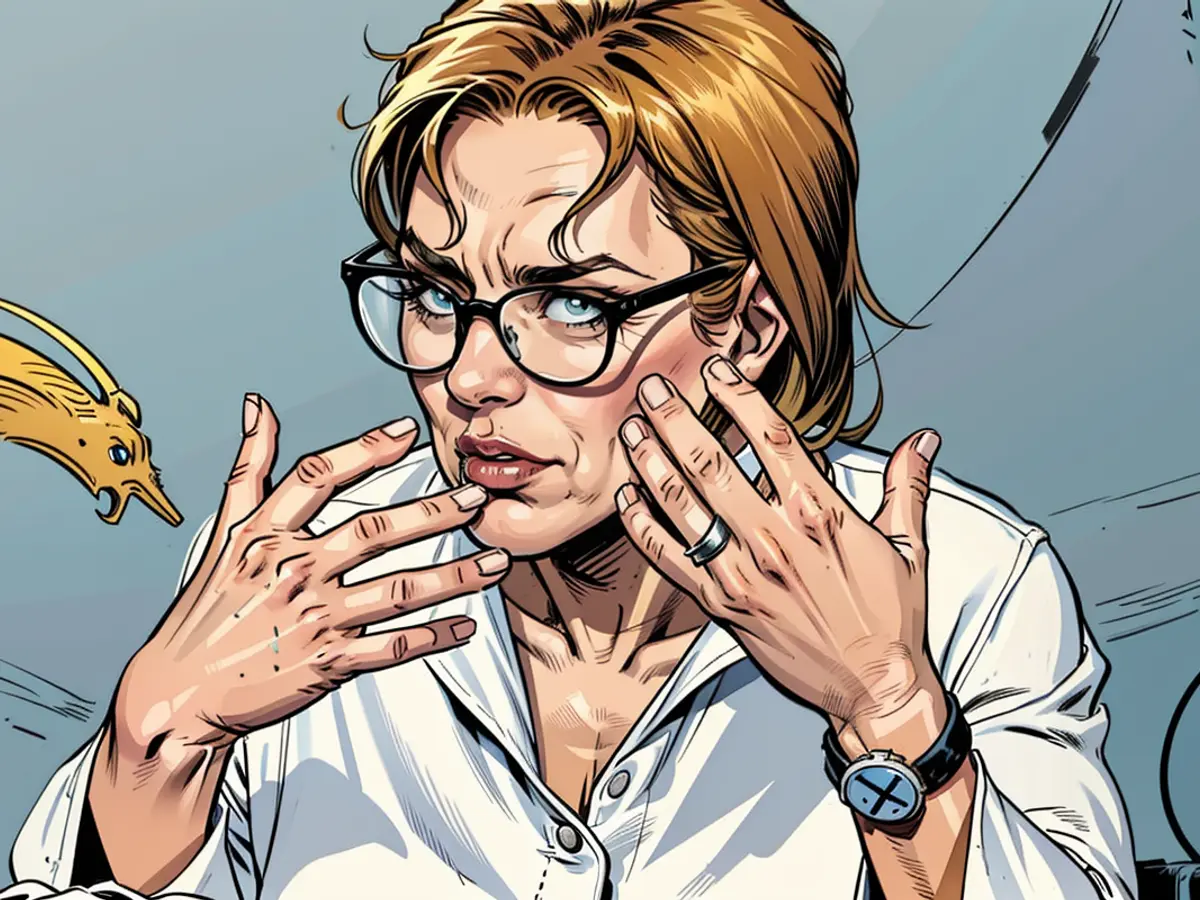- Culture Minister Klepsch Notes Increase in Audio Roughness
The 2024 election campaign is a new challenge for Saxony's Minister of Culture and Tourism, Barbara Klepsch (CDU). "The vibe has shifted," she remarks. "Conversations are much blunter." It's not the same as five or ten years ago. "You get jeered, cut off, sometimes even aggressively, and even the strongest arguments sometimes fall on deaf ears." She hasn't noticed this as much in her role.
Generally speaking, a positive trend in culture and tourism
The 59-year-old, hailing from the Erzgebirge, has been a part of the state government since 2014 and served as Minister of Health until 2019. Looking back on the past five years, she sees it positively, despite the hurdles posed by the COVID-19 pandemic and the time following it. Culture and tourism have managed to weather the storm. "That's a big plus on the credit side." Visitor, guest, and overnight figures are nearing pre-pandemic levels.
The task of revising the Kulturraumgesetz persists
The revision of the Kulturraumgesetz is also underway. This unique cultural funding concept was implemented nationwide in 1994. The cities of Chemnitz, Dresden, and Leipzig each form an urban cultural space, alongside five rural cultural spaces. They decide independently on the funding of institutions and projects. The state supports the municipalities with 106 million euros.
After 30 years, the law now requires review and adjustment, declared Klepsch. The already formed working group includes regional practitioners and external expertise. The law is expected to be overhauled by the end of 2025.
"The funds are secure," said the minister. The cultural spaces receive funds, submit their applications, there are advisors, and the municipality must also finance a portion for its museum, library, or other projects. This ensures that these funds are used wisely, even in uncertain times.
Culture is more than just an extra
"The municipalities need adequate funding to fulfill their duties," said Klepsch, especially when funds are tight and priorities need to be established. Among the priorities are daycare centers and road construction, but also culture. "It's more than just an extra, it's a lifeline and a location factor." After numerous aid programs, there needs to be a structured financing strategy from the state and regions that is appropriate.
In her role, Minister Klepsch hasn't encountered as much hostility in discussions about culture and tourism as she has during the election campaign. However, she acknowledges that Dresden, one of the cities in the urban cultural spaces regulated by the Kulturraumgesetz, has been a subject of intense debates and discussions.








